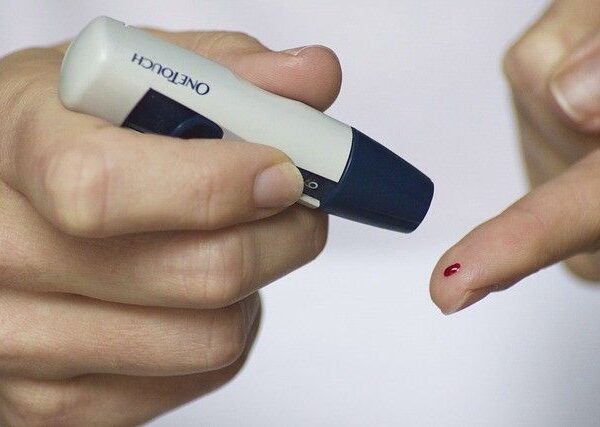Category: Diabetes
About Diabetes
This is for informational purposes only. For medical advice or diagnosis, consult a professional.
It is a chronic (long-lasting) health condition that affects how your body turns food into energy. When you eat, your body breaks down food into sugar (glucose) and releases it into your bloodstream. Your pancreas then releases a hormone called insulin. Insulin acts like a key, unlocking your body’s cells so that glucose can enter and provide energy.
With it, your body either doesn’t produce enough insulin or can’t effectively use the insulin it produces. This leads to a buildup of glucose in your blood, which can damage your nerves, eyes, kidneys, and other organs over time.
There are two main types of diabetes:
-
Type 1 diabetes: This type is an autoimmune disease, meaning your body’s immune system mistakenly attacks and destroys the insulin-producing cells in your pancreas. People with type 1 diabetes must take insulin injections or use an insulin pump to survive.
-
Type 2 diabetes: This type is the most common form of diabetes. It occurs when your body becomes resistant to insulin, meaning your cells don’t respond to insulin as well as they should. As a result, glucose can’t enter your cells for energy and builds up in your blood. Type 2 diabetes is often linked to lifestyle factors such as overweight or obesity, lack of physical activity, and unhealthy diet.
Symptoms are:
- Frequent urination
- Increased thirst
- Blurred vision
- Fatigue
- Slow-healing sores
- Numbness or tingling in hands or feet
If you think you may have diabetes, it’s important to see a doctor for diagnosis and treatment.
Key takeaways:
- It is a chronic condition that affects how your body regulates blood sugar.
- There are two main types: type 1 and type 2.
- It can cause serious health complications if left untreated.
- Lifestyle changes and medication can help manage diabetes.


